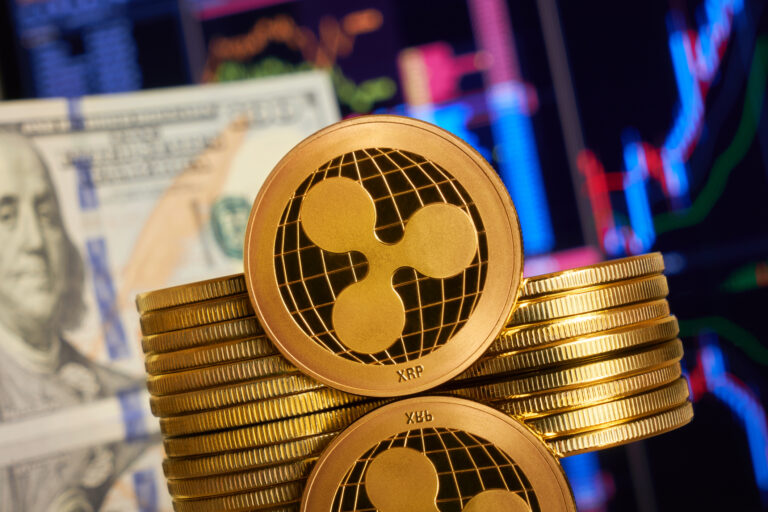In a notable shift in the legal realm of financial regulation, Ripple Chief Legal Officer (CLO) Stuart Alderoty announced a pivotal decision from the Second Circuit Court of Appeals in the U.S. Securities and Exchange Commission (SEC) case and Govil. This decision specifically concerns the regulatory watchdog’s authority to seek disgorgement, an important enforcement tool, in situations involving securities violations.
Ripple CLO highlights US SEC setback
CLO Ripple Stuart Alderoty, reported that the Commission continues to suffer legal defeats in the Govil case. According to Aldeorty, the agency suffered another setback after the Second Circuit Court of Appeals declined to review its ruling in the Govil case, which held that the SEC was not entitled to restitution from the seller if it there was no financial loss for the buyer.
The file said:
The appellant, the Securities and Exchange Commission, filed a request for rehearing before a panel or, in the alternative, for rehearing en banc. The committee that decided the appeal considered the request for rehearing before the committee, and the active members of the Court considered the request for rehearing en banc. It is hereby ordered that the petition be dismissed.
Notably, the agency has already suffered a setback, which Alderoty drew the community’s attention to in his X post. In November last year, the SEC accused Govil of inducing his former company, Cemtrex, to issue securities under pretense, promising investors that the $7.3 million they had contributed would be used for business expenses.
In the meantime, they were used to support other business activities and to pay the defendant’s personal fees. As part of a settlement, Govil offered all of his shares in the company, which both entities estimated to be worth approximately $5.6 million. Cemtrex also received an additional $1.5 million in the form of a secured promissory note.
Therefore, the SEC demanded restitution of $5.8 million less the face value of the promissory note. However, the Court ruled that the SEC cannot seek overwhelming disgorgement without first demonstrating that “investors” suffered financial harm. Indeed, there will be no sanctions without concrete proof of harm.
Alderoty’s report on this verdict highlights its ramifications for the cryptocurrency industry as a whole, as well as regulatory enforcement tactics. Additionally, it highlights the ongoing legal disputes and regulatory uncertainty that companies like Ripple must face in the context of changing regulatory frameworks.
What this could mean for the regulator
These negative developments do not look good for the Commission, as they could be seen as inaccurate decisions on its part. Furthermore, this can also be considered an abuse of power, as there is already speculation that the SEC’s coercive measures exceed its jurisdiction.
With the Commission’s recent legal misfortune, Ripple and its dedicated community are commemorating this major victory. Indeed, this could lead to better results for their pursuit dispute with the SEC.
Featured image from iStock, chart from Tradingview.com


